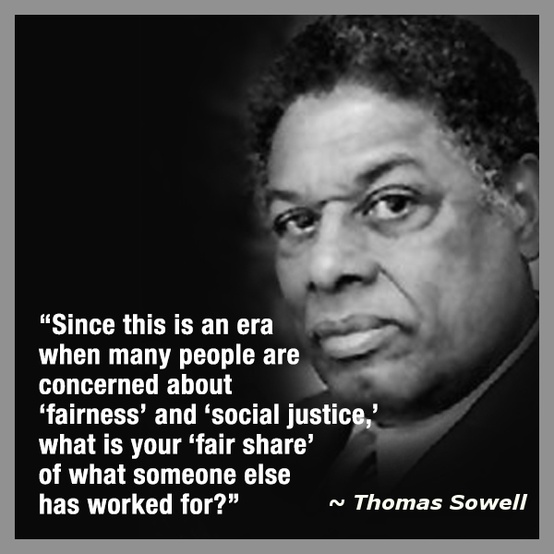By: Chris Warren.
Well, they gone and done it! The United Kingdom has voted to dump the European Union and release themselves from an entire layer of feckless, inattentive, nanny state government. I will not feign neutrality here. Twenty First Summer has previously supported the Brexit. Over the last few days the media was flooded with analyses. I’m going to make this real easy. To truly understand the Brexit, just look at who is pissed off about it:
The Democrats: President Barak Obama was concerned enough to make a special trip to England to campaign against the Brexit. Imagine how deeply offended Americans would be if British Prime Minister David Cameron came to American soil and stirred the pot about a major, life-changing USA issue. Hillary Clinton at least had enough sense to shoot her mouth off from her own side of the Atlantic, but she was nonetheless just as against Brexit as Obama. It’s an election year like none before it, and the Obama/Clinton cartel don’t want the distraction of Brexit shining a very bright light light on their deeply flawed big government philosophy. By default, they had to be against it. And by default, they are very, very unhappy that it did not go their way.
Millennials: Specifically, British millennials. The 18-34 age group voted against the Brexit nearly 2-1 compared to their elders. Now they are whining that they have to inherit a world that their elders made and are even pushing for a “do-over” election. They grew up being told everyone gets a trophy, so I guess we can understand why they think they can just keep voting over and over until they win. British millennial crybabies grew up in an escalating cradle-to-grave welfare state and have collectively contributed very little to society; it is somewhat amusing that they pout over the decisions of the people who paid for all their free stuff. Here’s a life lesson to all millennials: Sometimes you actually do lose. And no one gets to live in a world they made. Get over yourselves.
The rest of the European Union: The EU is not a benevolent body working towards the betterment of the common man. It’s a “special club” of power brokers who manipulate an entire continent to further their political, financial, and social goals. When the United Kingdom bailed, the EU lost control over a big chunk of its prime territory. Now the EU is saying that the UK is free to leave, but if they still want to do business with EU nations, then the Brits must assent to most of the demands that drove the movement to break away from the EU in the first place. In any other situation this would be called collusion, blackmail, threats, and extortion. Since a government body is doing it, it’s politely called “negotiating”.
It’s no coincidence that the elite aristocrats, wealthy connected families, business executives, and a happily dependent younger generation are the main groups upset about the success of the Brexit. They’re all worried about their slice of the pie getting smaller.
Here in the United States, Democrats play down the influence of the Brexit in American politics. Liberals are sticking to the talking point that it is a European regional matter with no corresponding effect in the USA, but that’s whistling past the graveyard. The atmosphere of revolt is palpable and the more liberals talk, the more they call attention to a system –their system– that a majority of Americans believe is not working. Meanwhile, presidential candidate Donald Trump wasted no time drawing similarities between the Brexit and his candidacy; the voters are slowly if not haltingly seeing Trump’s light.
The long term effects of the Brexit are yet to be known. What we do know is that it speaks volumes about what freeloaders & the power hungry, both rich and poor, sincerely think about those of us who pull our boots on and go to a real job every day. The USA Democrats are similar to the EU in that they appreciate us little people only to the extent that they can exploit us. There is no need for average Americans to sort through the endless Brexit explanations. Just look at who is agitated about it and ask yourself: Who do they really care about? Hint: It’s not you.


